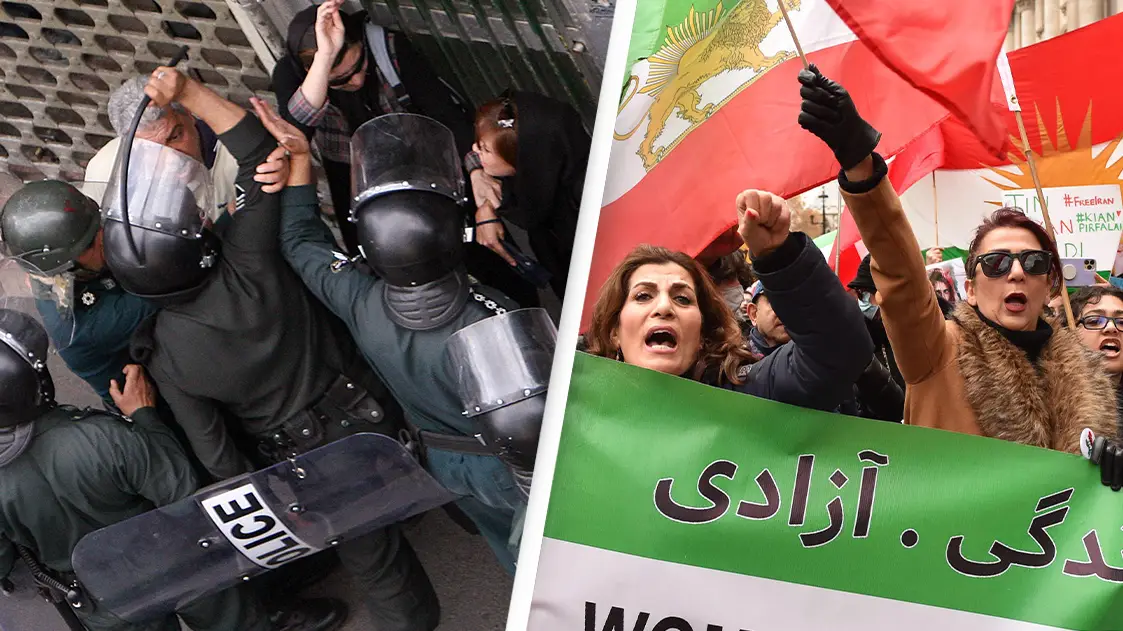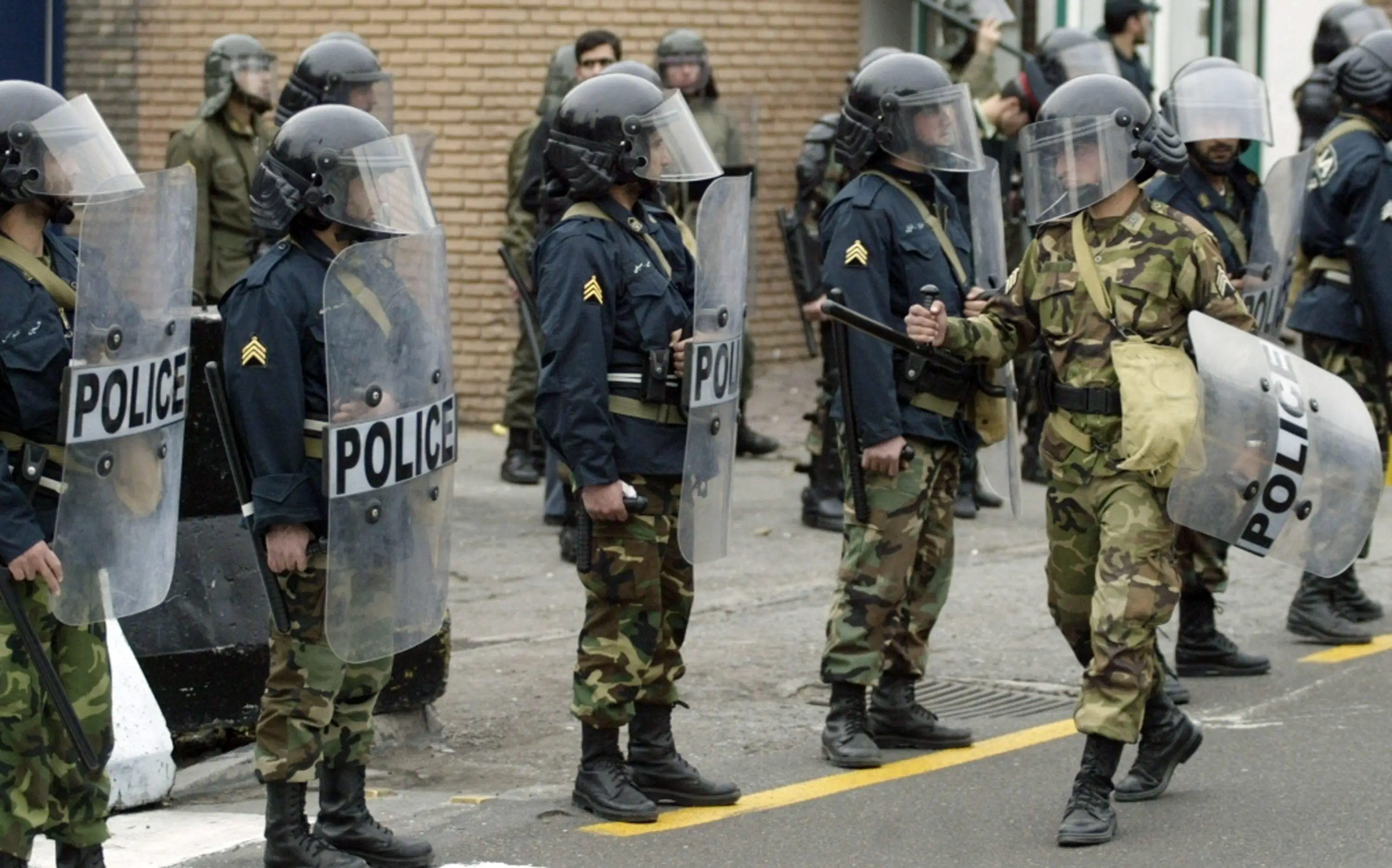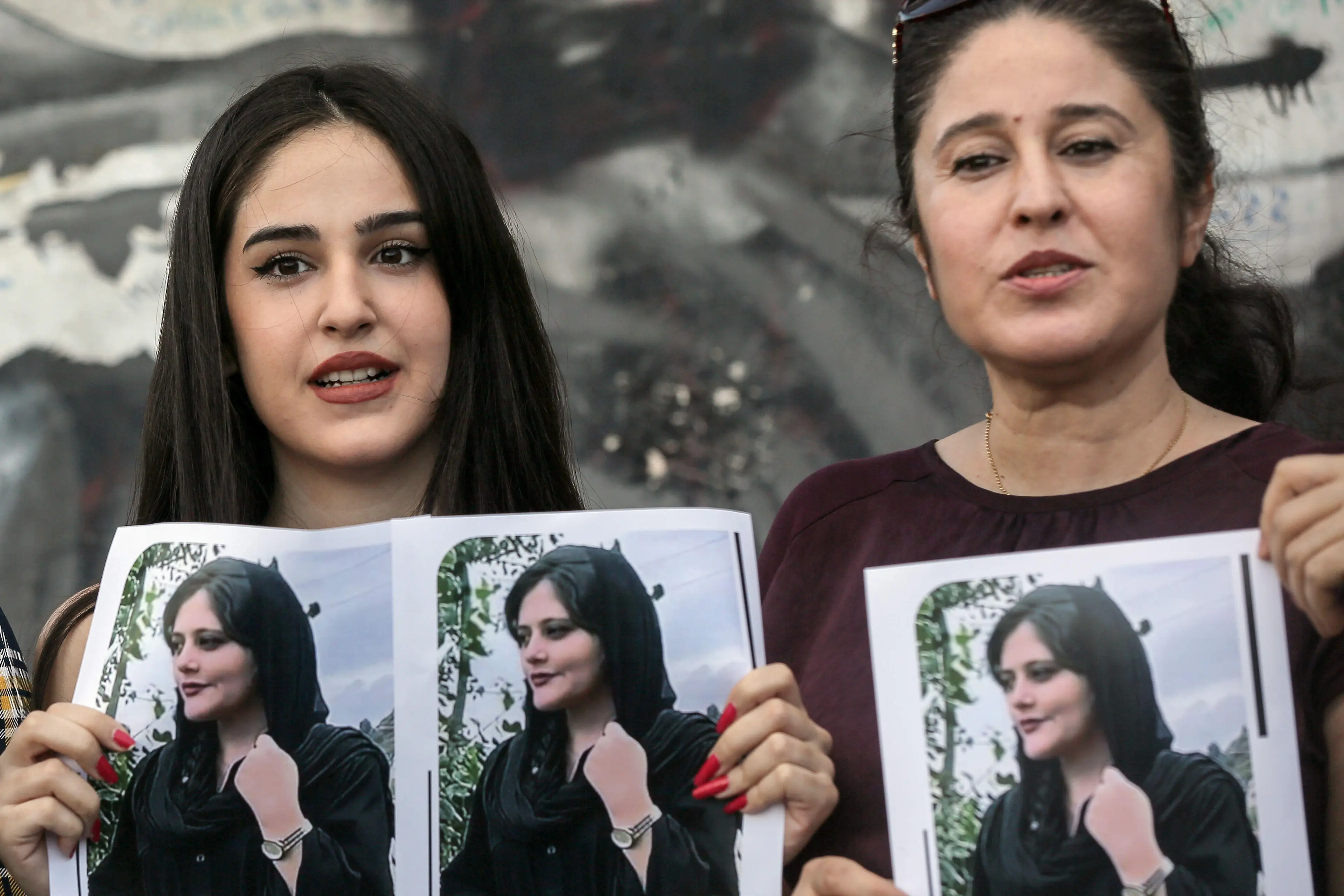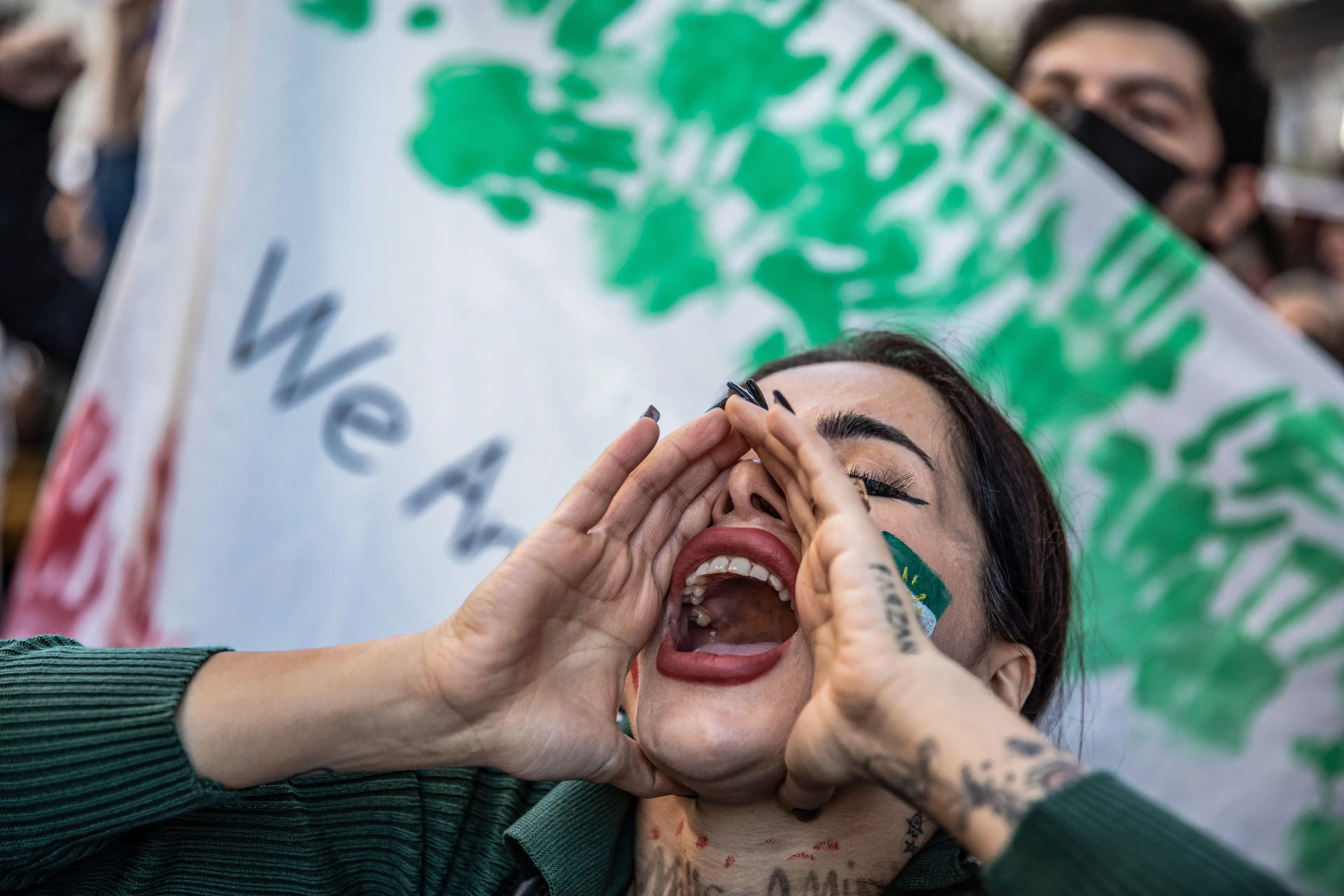
Iran's Attorney General has claimed the nation's morality police has been dissolved following months of heated protests.
According to Reuters, AG Mohammad Jafar Montazeri explained how the authority who 'established this police has shut it down'.
There has been some confusion about the revelation considering the Attorney General's department isn't in charge of the wing of the police.
However, vans that ferry the brutal police group about have not been seen recently in public, according to Al Jazeera.

Advert
There has been no confirmation from police officials and state media have ignored Montazeri’s comments entirely.
The Gasht-e Ershad, or Islamic guidance patrol which is also known as the 'morality police' consist of several teams made up of both men and women.
They are dispatched throughout cities and towns in white police vans with dark green stripes to patrol the streets where pedestrians or youths frequent to enforce the country’s strict dress code.
As per Iran’s unyielding Islamic law, women must cover their hair and wear loose-fitting clothing.
Any violations can lead to verbal warnings or detainment at the Middle Eastern nation’s brutal ‘re-education’ centres.
Fierce protests have raged in Iran after the morality police plucked a 22-year-old woman named Mahsa Amini off the streets of Tehran and placed her under arrest.
The morality officers deemed her hijab to be ‘too loose’ and took her into custody.

Amini collapsed while in police custody and spent three days in a coma.
She eventually died and Iranian police claimed her death was the result of a heart attack.
Her family and activists believe the 22-year-old was tortured and abused at the hands of the morality police.
Their fears were supported by independent experts linked to the United Nations, whose reports suggest she was savagely beaten after her arrest.
As a result, women and their supporters in all regions across Iran took to the streets to rally against the government's brutal regime.
They've been seen cutting their hair off and burning their headscarves in protest.
It has been obligatory for women to cover their heads since the Islamic Revolution in 1979.

Riots, protests, and civil unrest has how plagued the country for the last 11 weeks.
Activists are now calling for a three-day strike in the coming days as a challenge to the country's clerical rulers and their strict laws.
According to Reuters, protesters plan to rally in Tehran's Azadi (Freedom) Square on Wednesday.
The protester’s latest call-to-arms against the government came shortly after the Attorney General claimed that the morality police had been shuttered, despite them not falling under his jurisdiction.
Iranian officials claim that 200 people have now lost their lives in the mass anti-government riots, as per Al Jazeera.
The United Nations disputes that figure, citing reports that more than 300 people have been killed, including more than 40 children.
The Human Rights Activists News Agency claims the death toll could be even higher, with 470 protesters killed as of Saturday, including 64 children.
It said 18,210 demonstrators have so far been arrested, executions have taken place, and 61 members of the security forces were also killed.
Topics: Iran, World News, Politics, News
